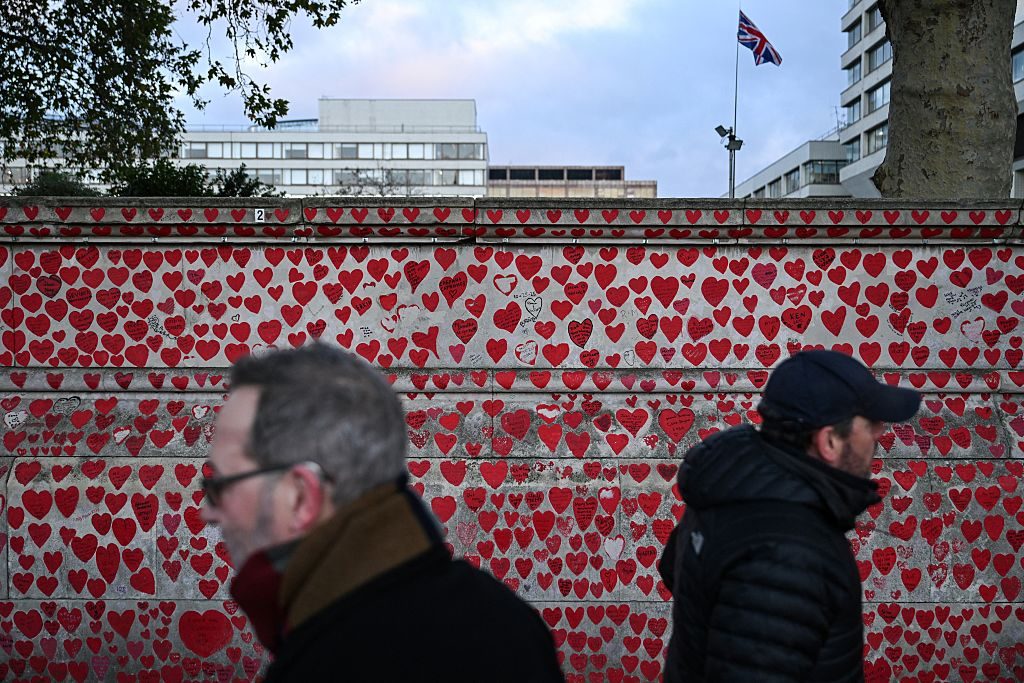The Covid Inquiry’s Module 2 report, published today, weighs in at a hefty 800 pages. It concludes — rather predictably — that we should have locked down earlier and harder. Anyone paying attention to the Inquiry’s terms of reference and its choice of witnesses will hardly be surprised by such an outcome. But even the most hard-core lockdown supporters might question why it should cost more than £200 million to arrive at what feels like a predetermined conclusion.
The report talks endlessly about evidence and certainty. Yet what is most striking is the Inquiry’s unwillingness even to consider the peer-reviewed research that actually examines the impact of lockdowns on mortality. As a result, Baroness Hallett gets things spectacularly and inexcusably wrong.
Take her assertion that the lockdowns of 2020 and 2021 “undoubtedly saved lives”. This claim is indefensible to anyone with even a passing familiarity with the research. It is possible to argue that lockdowns prevented some Covid deaths in the very short term — though there are studies that cast doubt on even that. But the peer-reviewed evidence on overall mortality, which includes deaths caused by lockdowns, finds that the UK’s lockdowns actually increased excess mortality. Another major study, published in the prestigious journal Health Economics, similarly finds no evidence that lockdowns across the world saved lives.
The report then claims that had England locked down one week earlier than 23 March, deaths in the first wave would have been reduced by 48% — around 23,000 lives. But the evidence emphatically does not support this. The most comprehensive meta-analysis of lockdowns finds that, on average, they reduced Covid deaths by just over 3%, and that excludes the non-Covid mortality caused by lockdown effects. The idea that one extra week of lockdown in England would have reduced deaths by almost half is simply not credible. And on the specific question of timing, the Health Economics study is unambiguous: “We do not find that countries that implemented [lockdown] policies earlier had lower excess deaths.”
Hallett further argues that by mid-March 2020, the government had “clear and compelling advice” that exponential growth in transmission would lead to an “unconscionable” loss of life. That advice did indeed come from the Imperial College models. But the report fails to acknowledge that the same modellers also predicted an unprecedented loss of life in Sweden if it refused to lock down. Sweden, which introduced some voluntary measures but declined to impose lockdowns, went on to record one of the lowest excess-mortality rates in western Europe.
Even more troubling is the report’s refusal to grapple with the now-well-established evidence that transmission was not growing exponentially in the run-up to lockdown. As Professor Simon Wood has shown, infections in England were already declining before all three national lockdowns.
Hallett does at least concede that lockdowns caused immense harm. Yet nowhere does she weigh those harms against the supposed benefits she insists upon. This omission is inexcusable. Several cost-benefit studies, produced by credible economists in peer-reviewed journals, already exist. Their overwhelming conclusion is that the costs — from economic damage and educational loss to severed social ties and psychological distress — dwarf any plausible benefits, even under assumptions generous to the pro-lockdown case. Canadian economist Douglas Allen goes so far as to conclude that the cost-benefit ratio is so disastrous that “lockdown will go down as one of the greatest peacetime policy failures in modern history.”
To cap it all, Hallett assures us that “The Inquiry does not advocate for national lockdowns” before immediately lamenting that a stricter lockdown was not imposed earlier — a contradiction so stark it borders on parody.
The conclusions of the report may not be surprising, but they are deeply depressing. They suggest not only that the establishment has failed to learn anything from its disastrous lockdown experiment, but that our leaders remain determined to evade accountability for the economic, educational and social devastation they inflicted.











Join the discussion
Join like minded readers that support our journalism by becoming a paid subscriber
To join the discussion in the comments, become a paid subscriber.
Join like minded readers that support our journalism, read unlimited articles and enjoy other subscriber-only benefits.
Subscribe